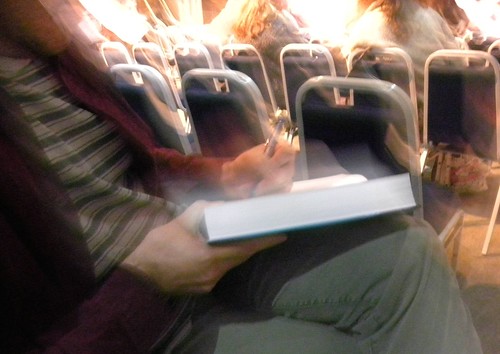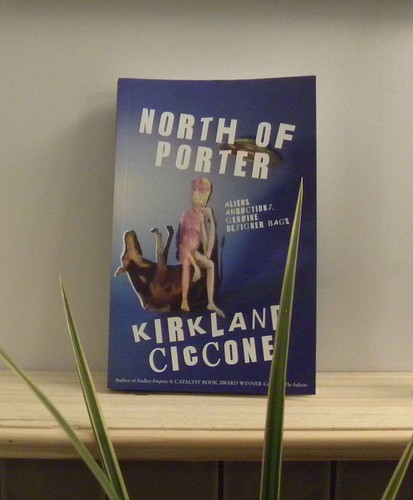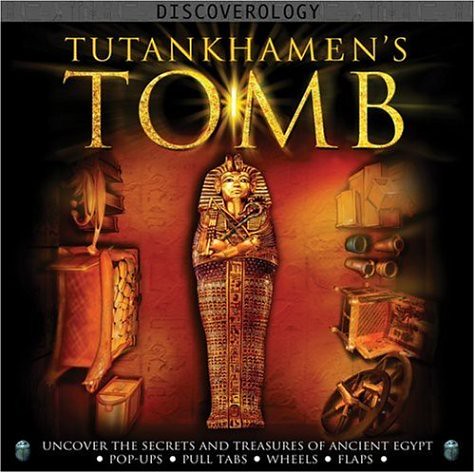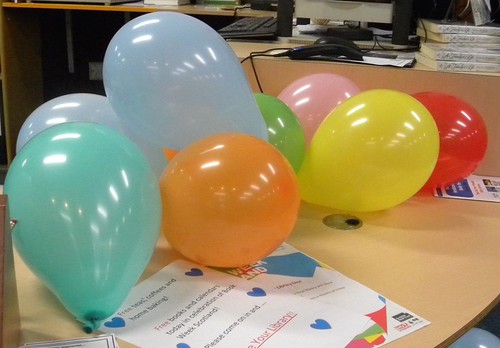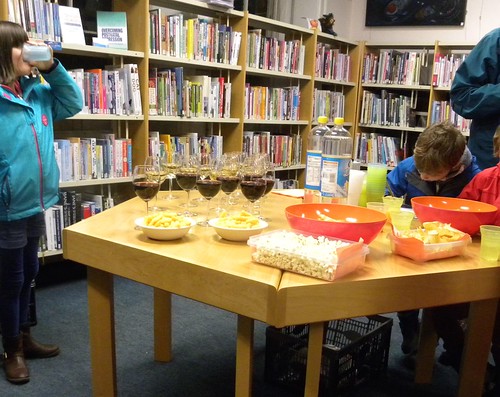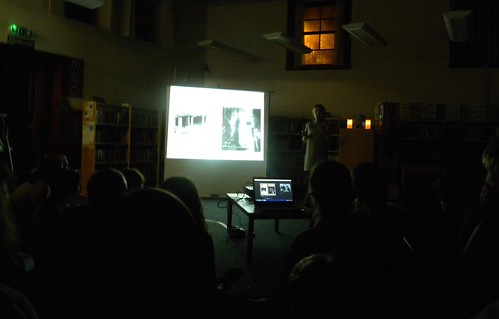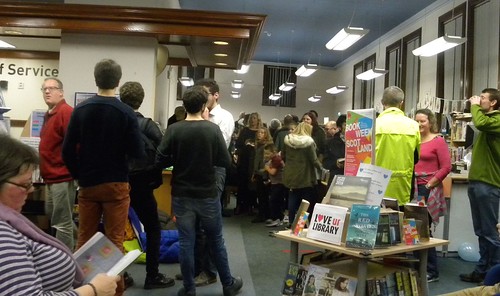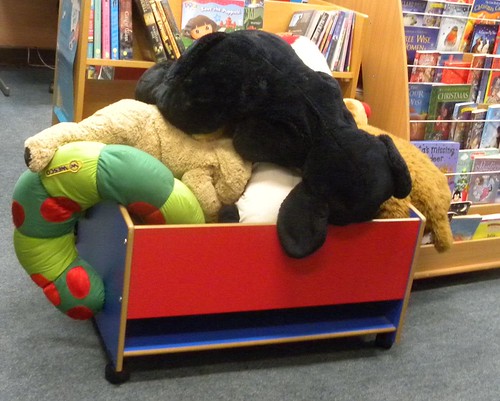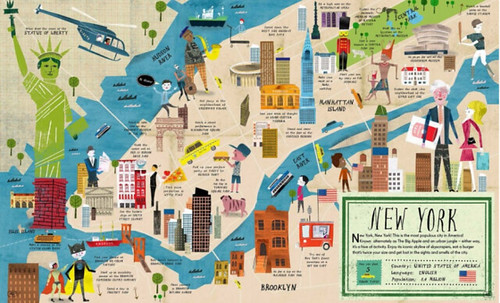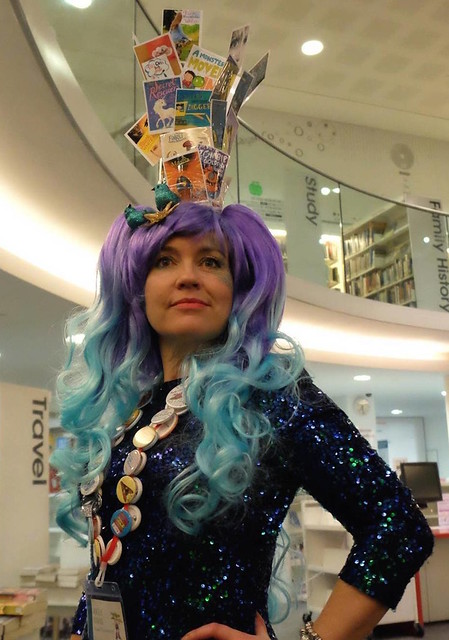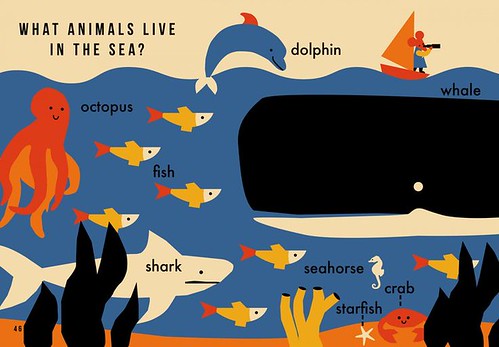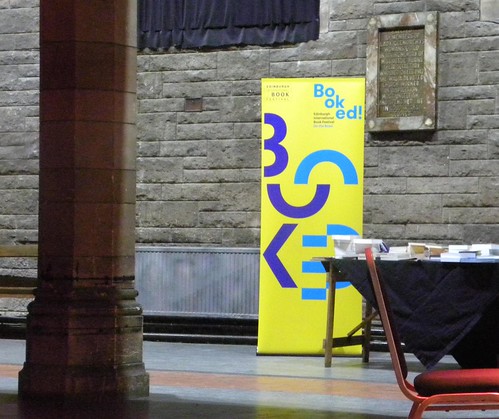
As Janet Smyth – who organises the children’s books programme for the Edinburgh International Book Festival – said yesterday, away from August and Charlotte Square it can be a lot of fun to revisit events and ideas in greater detail. So that’s what they are doing, with a programme under the [extremely clever] title Booked. What’s more, we are no longer suffering from bookfest fatigue.

I arrived at Assembly Roxy with plenty of time, and as the first one there (I know…) I was not only given the choice of best seat, but was more or less led to the most comfortable seat in the place, which happened to be a high-backed leather armchair [with just the right support for an ouchy back] which I sat down in and then simply never left. (Feel free to copy this idea at other venues.)
My back and I had come for Elizabeth Laird in conversation with Daniel Hahn, on the occasion of her nomination as the UK representative for the 2016 Hans Christian Andersen award. This IBBY book award is a global one, which looks at an author’s whole body of work. Liz has written around 30 novels, translated into about 15 languages, and she has lived in several countries, including Malaysia, Palestine and Ethiopia.
Asked how she feels about her nomination, Liz said it’s ‘absolutely stunning!’ She spoke of having a couple of her books translated into Arabic, which led her and Daniel to talk about the way so many children’s books in English are translated into other languages, as witnessed by them at a big book festival in Tehran. And Daniel compared this to the relatively few foreign books that are translated into English.
Janet asked if you have to be dead to make it into translation, and he said yes, or you are Cornelia Funke. From his own childhood he knows that children don’t care (possibly don’t know) that books are foreign. He grew up with Moomin and Asterix, and feels that publishers worry too much about what you can put into a book, in case it doesn’t translate well, and this goes for the illustrations too. As for the difficulty of translating rhyming verse, he says that doesn’t seem to stop Julia Donaldson’s books from selling abroad.
Liz said we don’t want child characters who do what their parents say, and Daniel pointed out that’s why we have so many orphans in books. As an example he mentioned James and the Giant Peach, where the parents are killed by a rhinoceros on page one; presumably because Roald Dahl felt he had to get it over with.
Children will engage in a story, and offer hope, endurance, forgiveness and love. Liz likes happy endings, and said that she wants to write hopeful, if not happy, endings. Children’s books should be something to remember as an adult. These days we have emasculated stories, making Grimm and Noah into tame versions of the original stories, in order not to upset.
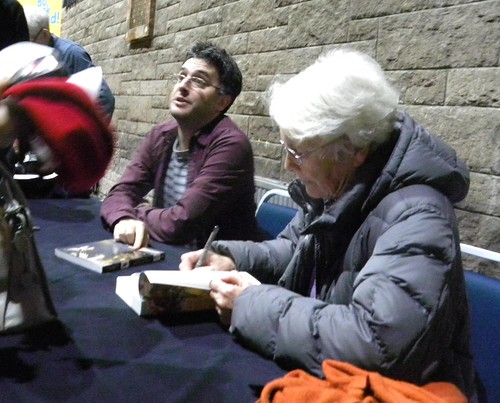
When it came to the Q&A, no one knew what Hans Christian Andersen did when he visited Edinburgh. (Did any of you see him?) Daniel reckons this keen but neurotic traveller probably worried about losing his passport, and that he would have had a rope in his luggage, just in case. And he’d quite like to be able to read HCA in Danish.
Asked for a racy story, Liz told us her favourite about the beautiful girl and her silly husband, equally silly father, and hopelessly silly neighbour.
They talked about Liz’s book A Little Piece of Ground, which is about football in Palestine, and she finished by saying she’s not ‘holding her breath’ as regards winning the award.
I think she could. Should.

There was a signing afterwards, but not before Liz had rushed to put her warm coat on, as she must have been freezing up there on stage. I finally cornered Daniel with my copy of his Oxford Companion to Children’s Literature, ‘this lethal weapon, a nightmare,’ and it has been duly signed.
